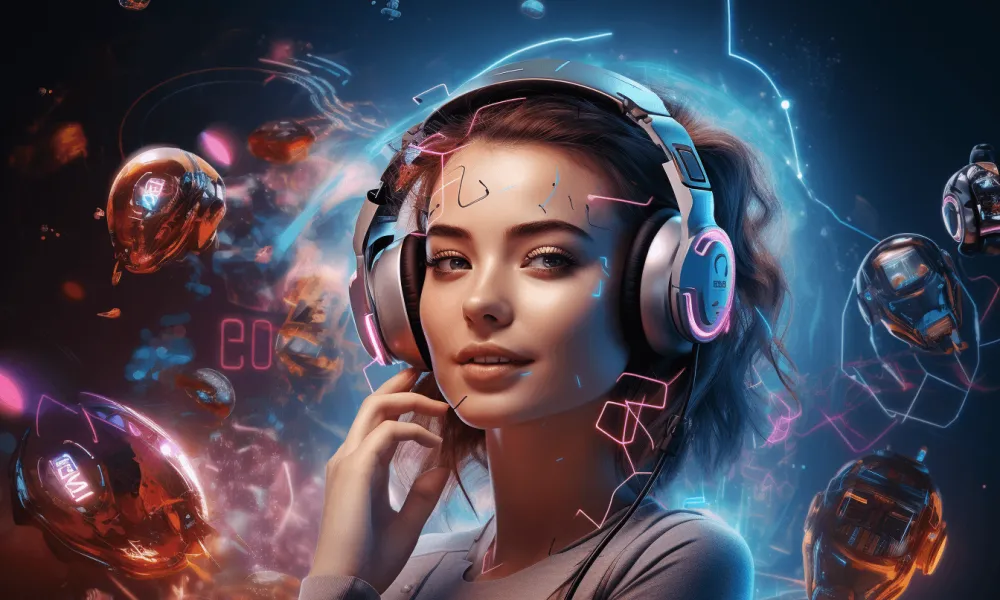In the dynamic world of video games, the advent of artificial intelligence (AI) has heralded a new era, reshaping narratives, gameplay, and player interaction. AI characters, in particular, are at the forefront of this revolution, offering experiences that were once thought impossible. With advancements in technology, these digital beings are becoming more lifelike, intelligent, and capable of complex interactions, thus enhancing the immersive quality of games.
Revolutionizing Storytelling and Immersion
Dynamic Narratives
Traditionally, video game stories were linear, with players following a set path from beginning to end. However, AI characters have introduced dynamic storytelling, where the plot evolves based on players' decisions and interactions. This non-linear approach allows for a personalized gaming experience, where every choice matters and can lead to multiple endings. Games like "Detroit: Become Human" showcase the potential of AI in crafting stories that adapt to player actions, creating a unique narrative journey for everyone.
Enhanced Character Interactions
AI characters are not just bystanders in the world of gaming; they are active participants. Through natural language processing and machine learning, these characters can understand and respond to player inputs in a realistic manner. This advancement makes conversations with AI characters more engaging and lifelike, breaking the barrier between the digital and real worlds. For instance, character ai technologies enable NPCs (non-player characters) to remember past interactions, recognize player patterns, and even develop "emotions" based on the gameplay, adding depth to the gaming experience.
Impact on Game Design and Development
Cost and Efficiency
Integrating AI characters into games significantly affects development costs and efficiency. Developing sophisticated AI requires substantial investment in research, programming, and testing. However, the cost is often offset by the value it adds to the game, such as increased replayability and player engagement. Moreover, AI can streamline the development process by automating certain tasks, like generating realistic NPC behaviors or adapting game difficulty in real-time based on player skill levels.
Challenges and Limitations
Despite the benefits, incorporating AI into gaming presents challenges. The complexity of creating truly intelligent, adaptive AI characters can lead to increased development time and costs. Balancing AI behavior to ensure it's challenging yet fair can also be difficult. Furthermore, there's a risk of AI acting unpredictably, which can break immersion or lead to unintended gameplay outcomes.
The Future of Gaming with AI Characters
As technology advances, the potential for AI characters in gaming seems boundless. Future developments could include more nuanced emotional intelligence, allowing AI characters to form deeper connections with players. Additionally, AI could enable fully dynamic worlds that evolve without developer input, creating endless possibilities for exploration and interaction.
AI characters are indeed changing the face of gaming, making games more immersive, personalized, and engaging. As developers continue to push the boundaries of what's possible with AI, we can expect to see games that are not only entertaining but also deeply reflective of the human experience.
